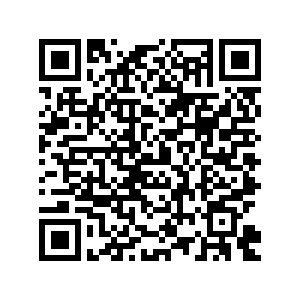DHAKA, July 28 (Xinhua) -- Bangladesh has denied media reports that the government is seeking a bailout from international lenders like the International Monetary Fund (IMF) to address the current economic volatility seen in the South Asian country.
Finance Minister AHM Mustafa Kamal said no such a concrete proposal was sent to the IMF or received from lenders on loan support.
"If we take loans, then we'll have to bargain so that we don't fall into any problem. We'll first see what are the conditions? If we can get loans at less interest rate, in that case we can consider," he was quoted as saying by the official news agency BSS on Wednesday.
Ahmad Kaikaus, principal secretary of the Prime Minister's Office, said Wednesday that Bangladesh is not going through any economic bailout situation, local leading English daily The Business Standard reported.
"Some media outlets are giving wrong explanations about balance payment and budget support," he told a press briefing held in the capital Dhaka on the current economic situation in the country.
There are more than five months of funds to meet the import costs of all kinds of products, Kaikaus said.
"According to economic standards, a country should have three months of food import capacity. So, Bangladesh is ahead in this regard," he noted.
Kaikaus further said that if checking the information given by the government with the IMF, the World Bank and the Bangladesh Bank, its truthfulness will be verified.
Prime Minister Sheikh Hasina on Wednesday said Bangladesh would be able to meet 6-9 months of import expenditures with the existing foreign currency reserves.
"We have money in our hands to import food grains and others (essential items) for at least three months during any crisis. We'll be able to import food for six to nine months, not for only three months, with the reserve that we have now," she was quoted by Bangladesh's leading private news agency UNB as saying.
Her remarks came amid the local media reports about the financial volatility in the country.
The exchange rate of the U.S. dollar in the country's kerb market hit a record of 112 Bangladeshi takas on Tuesday.
Bangladesh's foreign exchange reserves on July 13 fell to below 40 billion U.S. dollars for the first time in two years, due largely to higher import bills and the taka's weakness driven by the dollar's broad surge in recent months.
The country's forex reserves surpassed the 48-billion-dollar mark in August last year, the highest ever in history, due to a slowdown in imports and rising remittance and export earnings during the COVID-19 pandemic.
In its bid to boost the shrinking forex reserves, the Bangladesh Bank in recent months has taken various measures including relaxing rules to woo more remittances from millions of Bangladeshi people living and working abroad.
The central bank has said the main objective of the latest half-year monetary policy is to "pursue a cautious policy stance with a tightening bias to contain inflation and exchange rate pressures while supporting the economic recovery process." ■
